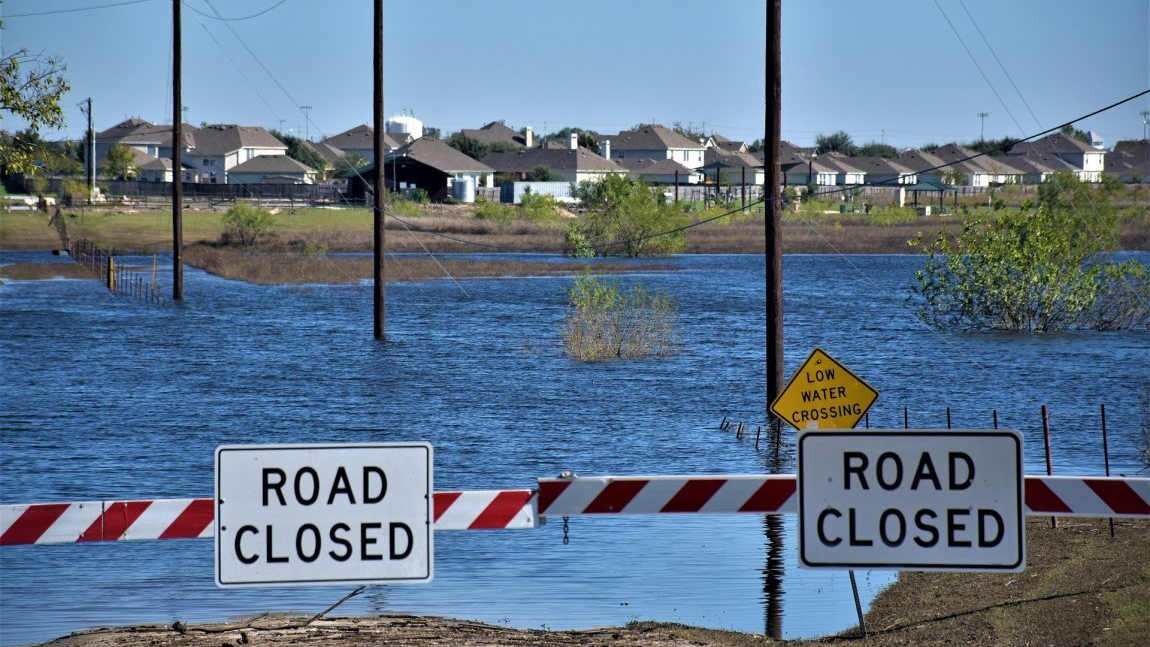In recent weeks, proposed and ongoing DOGE cuts across the nation have raised alarm among community leaders, news outlets, and environmental experts alike. These cuts aim to reduce departmental expenditures, but too often they risk weakening critical programs that support healthy forests, manage fire risks, control flooding, protect against wind damage, and fund schools and relief agencies.
Even modest budget reductions can have an outsized impact on emergency preparedness and long-term environmental sustainability—especially in a county already facing multiple natural hazards. Local government meetings and regional news reports have noted that any further Trump cuts could exacerbate our most persistent problems. For example, our forests play a vital role in controlling erosion, managing water runoff, and serving as natural firebreaks.
Insufficient forest management leads to denser, overgrown woodlands that heighten wildfire risk and limit the forest’s ability to mitigate floods. Reduced funding may delay or cancel essential thinning and controlled burn projects—critical for removing the underbrush that fuels wildfires. With fewer resources for early detection and rapid response, even small fires could escalate into severe incidents. This not only undermines environmental sustainability but also threatens the forests’ ability to regenerate for future growth. These are among the many reasons DOGE cuts are deeply troubling to experts.
There have been numerous documented cases where local wildfires, even when limited in scale, have quickly overwhelmed emergency services due to constrained resources. These events not only threaten property but also compromise air quality and public health. With tighter budgets, the county may struggle to adequately equip and maintain firefighting units, reducing the speed and effectiveness of fire suppression. Educational campaigns and prevention efforts that alert residents to wildfire risks could be scaled back, leaving communities more vulnerable during dry spells. When factoring in the ongoing defunding of NOAA, our preparedness for hurricanes and other severe weather events becomes even more ominous.
Horry County has experienced a sharp increase in flooding in recent years, driven by heavier rainfall and rising sea levels due to climate change. Infrastructure projects—such as improved drainage systems and reinforced riverbanks—are essential to managing these growing challenges. DOGE-related funding cuts, compounded by those already mandated at the state level, could result in deferred maintenance of drainage systems and flood barriers, leaving the county increasingly exposed to sudden inundation events. Past flooding episodes have caused significant property damage and disrupted local commerce—negative trends that are likely to worsen without adequate funding. These services are crucial to the fastest-growing county in the state, and all depend on consistent, reliable investment.
The infamous “chainsaw” cuts touted by Elon Musk and his inexperienced team of tech-bros could seriously undermine our ability to mitigate natural disasters. Every level of society depends on the services now being diminished by these non-professional government novices. While families in the middle and upper classes do face growing risks, the most devastating impacts of across-the-board budget cuts fall disproportionately on those living in poverty. Individuals with special needs, of all ages, often suffer the most. Constant stress, food and housing insecurity, and lack of support take a deep toll on the mental and physical health of both caregivers and children.
As dedicated Democrats, our frustration and anger are more than justified—but we must stay laser-focused on our mission. We must raise our voices in strong opposition to the mindless cuts being proposed at all levels of government—state, regional, and local. It’s time to organize like never before. Our moment is now, and our mission is clear. We must channel our outrage into action and our energy into greater participation.
In other words, don’t just get mad—get busy.
Further Reading
How defensible spaces could help fight fires, but Horry Co. hasn’t enacted them
SC’s wildfire prevention team seeks state aid to keep educating homeowners
S. 456 – to RECOGNIZE THE SOUTH CAROLINA FORESTRY COMMISSION FOR THE CRUCIAL ROLE THEY PLAY IN PREVENTING WILDFIRES, SAFEGUARDING COMMUNITIES, PROTECTING WILDLIFE HABITATS, AND MAINTAINING HEALTHY FOREST ECOSYSTEMS ACROSS THE STATE, AND TO APPLAUD THEIR RESPONSE TO THE CAROLINA FOREST WILDFIRES, WHICH ULTIMATELY PREVENTED DAMAGE TO CITIZENS, HOMES, BUSINESSES, AND CRITICAL INFRASTRUCTURE IN HORRY COUNTY.
ON FIRE: The Report of the Wildland Fire Mitigation and Management Commission (PDF)
Trump’s Illegal Funding Cuts Threatening Wildfire Mitigation Efforts
Stormwater: Clearing the way for water flow
Horry County Flood Resilience Master Plan (September 2022 – PDF)





